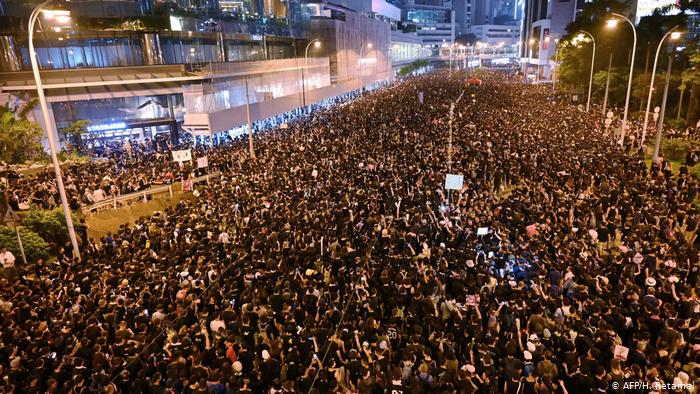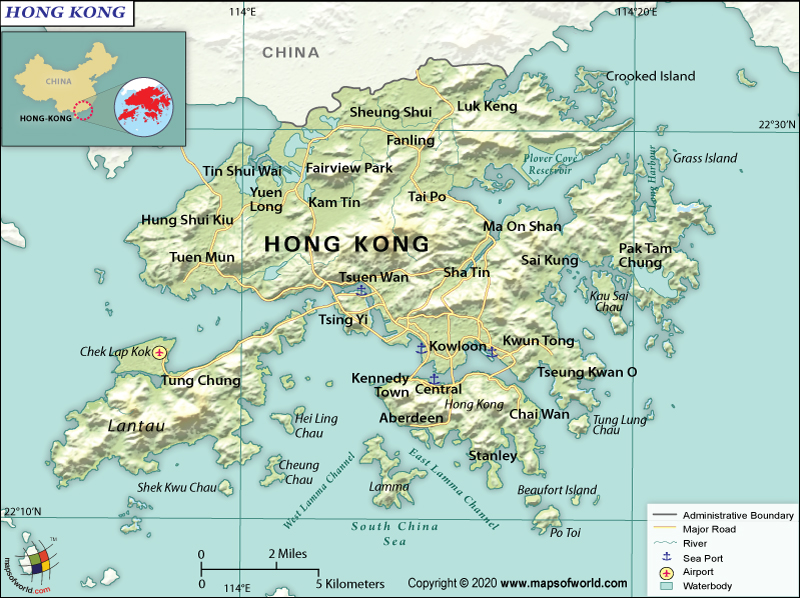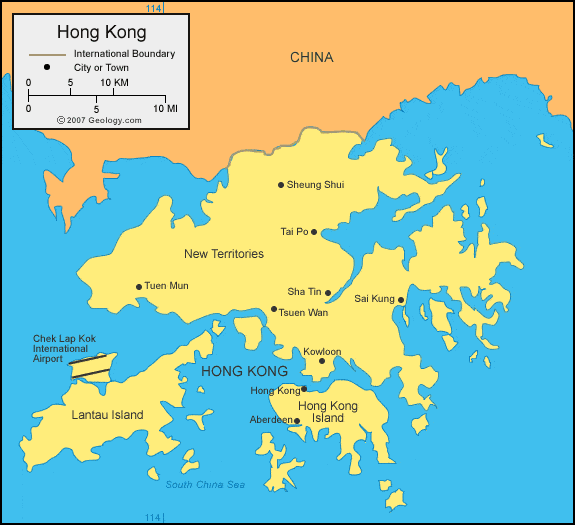

China approves 'patriotic' plan to control elections in Hong Kong
Why In News?
China's top law-making body has unveiled plans to ensure only "patriots" can govern Hong Kong, as Beijing tightens its grip on the city with changes to the electoral system.
What does this mean for Hong Kong?
Hong Kong's parliament or Legislative Council (LegCo) helps to make Hong Kong's laws.
It is made up of 70 seats but only about half are directly voted for by the public. In recent years, some of the seats have been filled by pro-democracy figures.
The other half has mostly been filled by smaller groups representing special interests such as business, banking and trade, sectors which are historically pro-Beijing.
The proposed new law will give Hong Kong's heavily pro-Beijing electoral vetting committee the power to vet all LegCo candidates and elect many of its members.
Hong Kong's leader Carrie Lam says she and Hong Kong's government "firmly support" the move.

Background:

The former British colony was handed back to China in 1997 under a model called "one country, two systems".
Under the deal, which gave the territory freedoms not available in mainland China, Hong Kong also had its own mini-constitution and an elected parliament.
The latest Chinese move follows a series of measures that have tightened Beijing's grip on Hong Kong, including the passing of a national security law and a crackdown on activists and opposition politicians.
What is Hong Kong's Basic Law?
The "one country, two systems" principle is enshrined in a document called the Basic Law - Hong Kong's mini constitution.
That came into effect on 1 July 1997, the day British rule ended and the territory was returned to China.
That agreement is only valid for 50 years.
Basic Law protects rights such as freedom of assembly and freedom of speech - neither of which exist in mainland China - and also sets out the structure of governance for the territory.
Hong Kong is ruled by a chief executive with support from a formal body of advisors, called the Executive Council.
The chief executive is responsible for implementing the Basic Law, signing bills and budgets, promulgating laws - declaring them as in effect - and issuing executive orders.
It also has a two-tiered semi-representative system of government: the law-making Legislative Council and district councils, as well as an independent judiciary.
